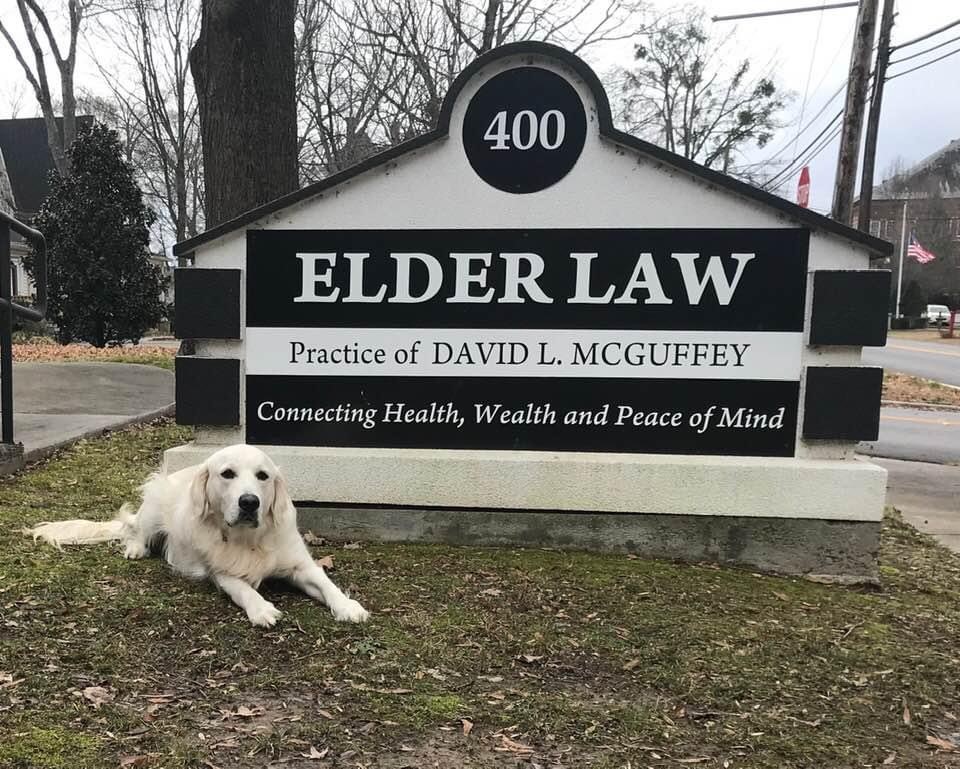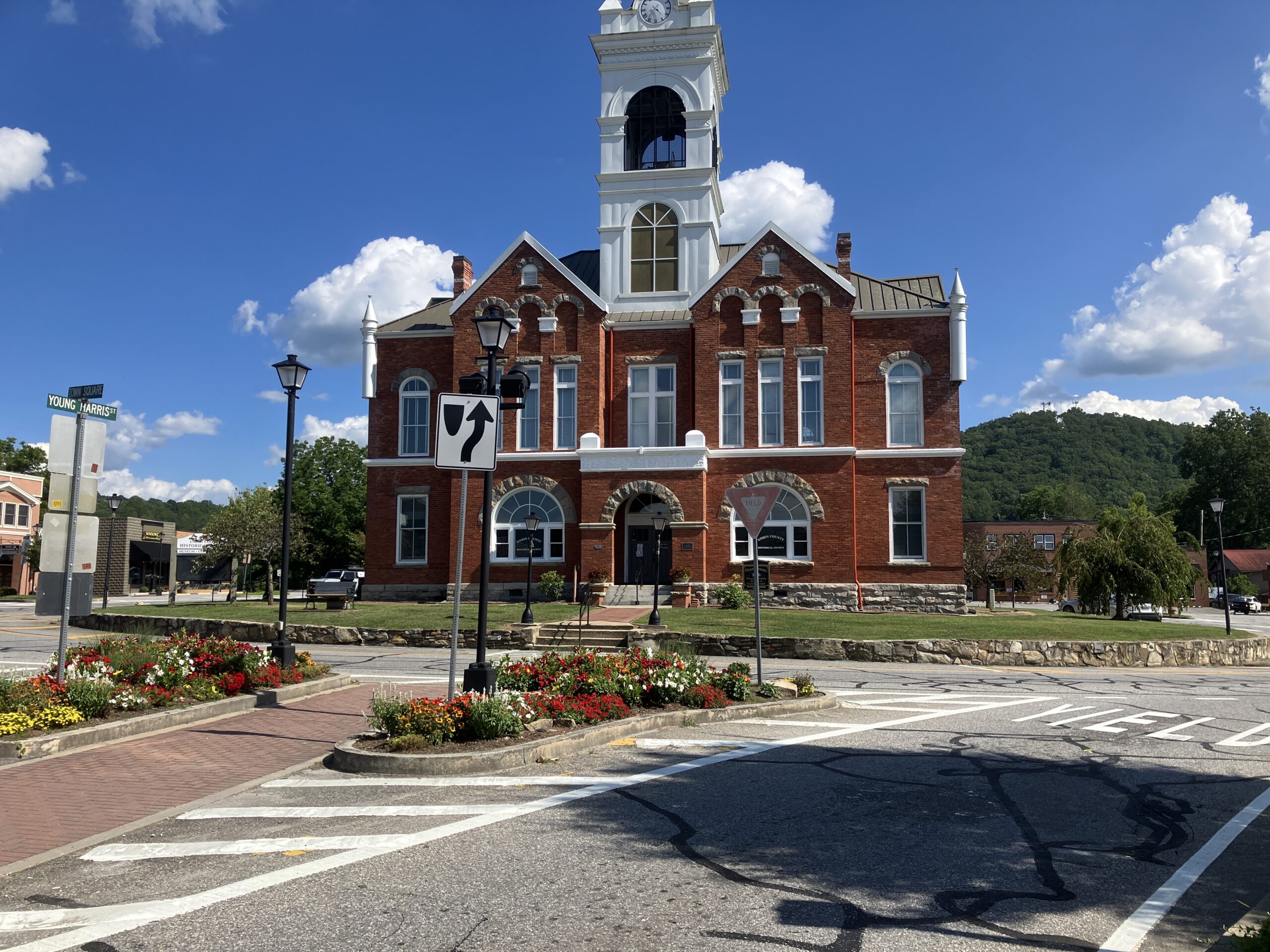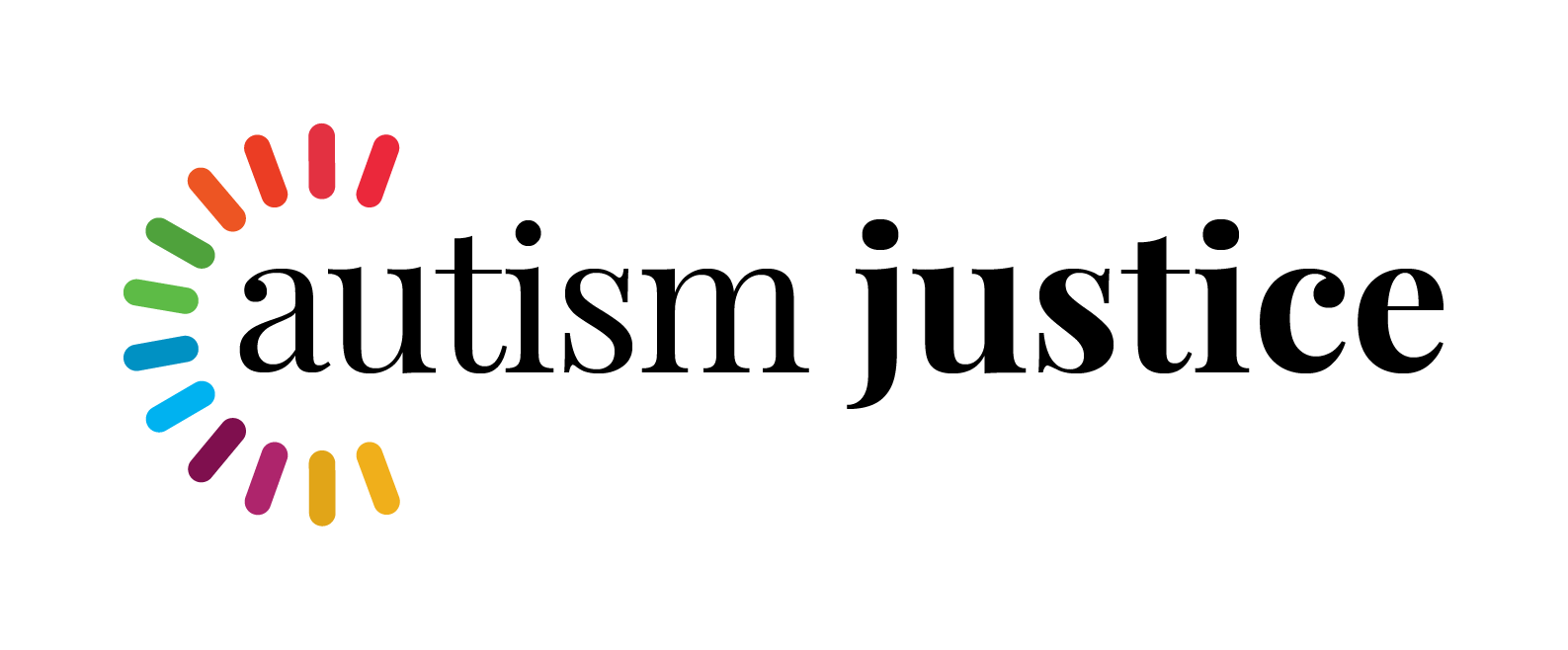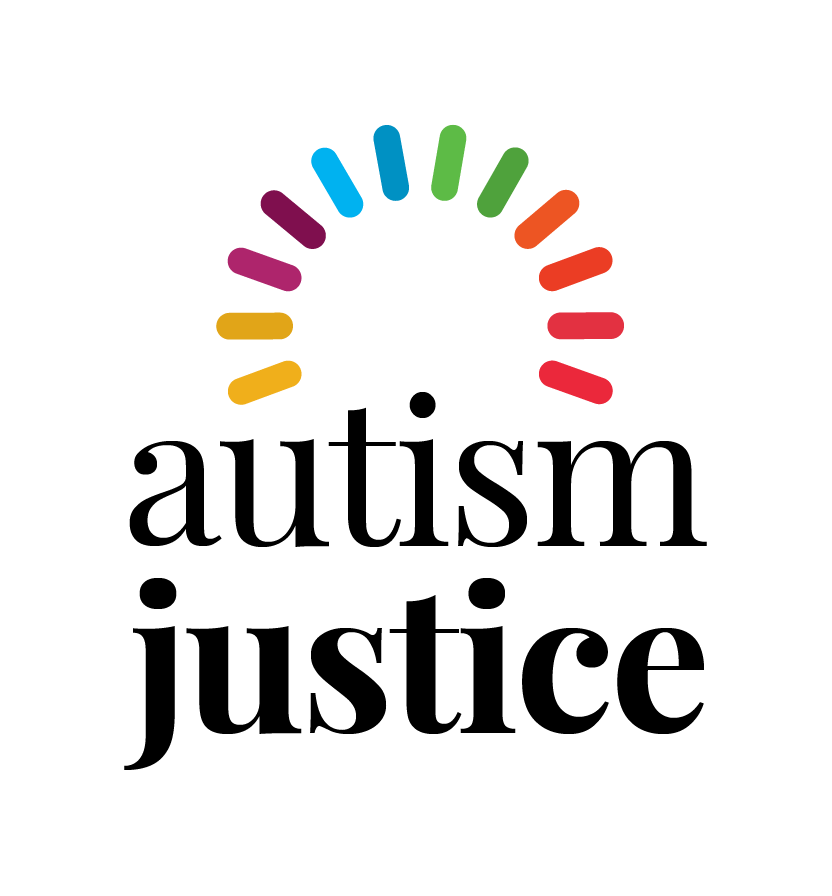If you think Medicaid is confusing, you have some good company. A number of federal judges have arrived at the same conclusion. The following quote appears in Cherry v. Magnant, 832 F. Supp. 1271 (S.D. Ind. 1993): The federal and state Medicaid statutes have been described as the regulatory equivalent of the “Serbonian bog.” See John […]
Blog
If you are searching for answers regarding health reform, otherwise known as Obamacare, one of the best places to look is on the Kaiser Family Foundation website. At their Frequently asked questions page (http://kff.org/health-reform/faq/health-reform-frequently-asked-questions/), KFF answers questions such as “Can I be charged more if I have a pre-existing condition?” (http://kff.org/health-reform/faq/health-reform-frequently-asked-questions/#question-can-i-be-charged-more-if-i-have-a-pre-existing-condition). Other more general information […]
Certain individuals are required to report elder abuse, or abuse of an at-risk disabled adult. In that regard, Georgia law provides as follows: O.C.G.A. § 30-5-4. Reporting of need for protective services; manner and contents of report; immunity from civil or criminal liability; privileged communications (a) (1) (A) The following persons having reasonable cause to […]
Self-neglect is characterized as the behaviors of an elderly person that threaten his/her own health or safety. Self-neglect generally manifests itself in an older person’s refusal or failure to provide himself/herself with adequate food, water, clothing, shelter, safety, personal hygiene, and medication (when indicated). For the purpose of this study, the definition of self-neglect excludes […]
Neglect is the refusal or failure to fulfill any part of a person’s obligations or duties to an elder. Neglect may also include a refusal or failure by a person who has fiduciary responsibilities to provide care for an elder (e.g., failure to pay for necessary home care service, or the failure on the part […]
Abandonment is the desertion of an elderly person by an individual who has assumed responsibility for providing care or by a person with physical custody of an elder. Signs and Symptoms of abandonment The desertion of an elder at a hospital, nursing facility, or other similar institution The desertion of an elder at a shopping […]
Financial or material exploitation is the illegal or improper use of an elder’s funds, property, or assets. Examples include but are not limited to cashing checks without authorization or permission; forging an older person’s signature; misusing or stealing an older person’s money or possessions; coercing or deceiving an older person into signing a document (e.g., […]
Emotional or psychological abuse is the infliction of anguish, emotional pain, or distress. Emotional or psychological abuse includes but is not limited to verbal assaults, insults, threats, intimidation, humiliation, and harassment. In addition, treating an older person like an infant; isolating an elderly person from family, friends, or regular activities; giving an older person a […]
Sexual abuse is nonconsensual sexual contact of any kind with an elderly person. Sexual contact with any person incapable of giving consent also is considered sexual abuse; it includes but is not limited to unwanted touching, all types of sexual assault or battery such as rape, sodomy, coerced nudity, and sexually explicit photographing. Georgia law […]
Physical abuse is the use of physical force that may result in bodily injury, physical pain, or impairment. Physical abuse may include but is not limited to such acts of violence as striking (with or without an object), hitting, beating, pushing, shoving, shaking, slapping, kicking, pinching, and burning.The unwarranted administration of drugs and physical restraints, […]

























